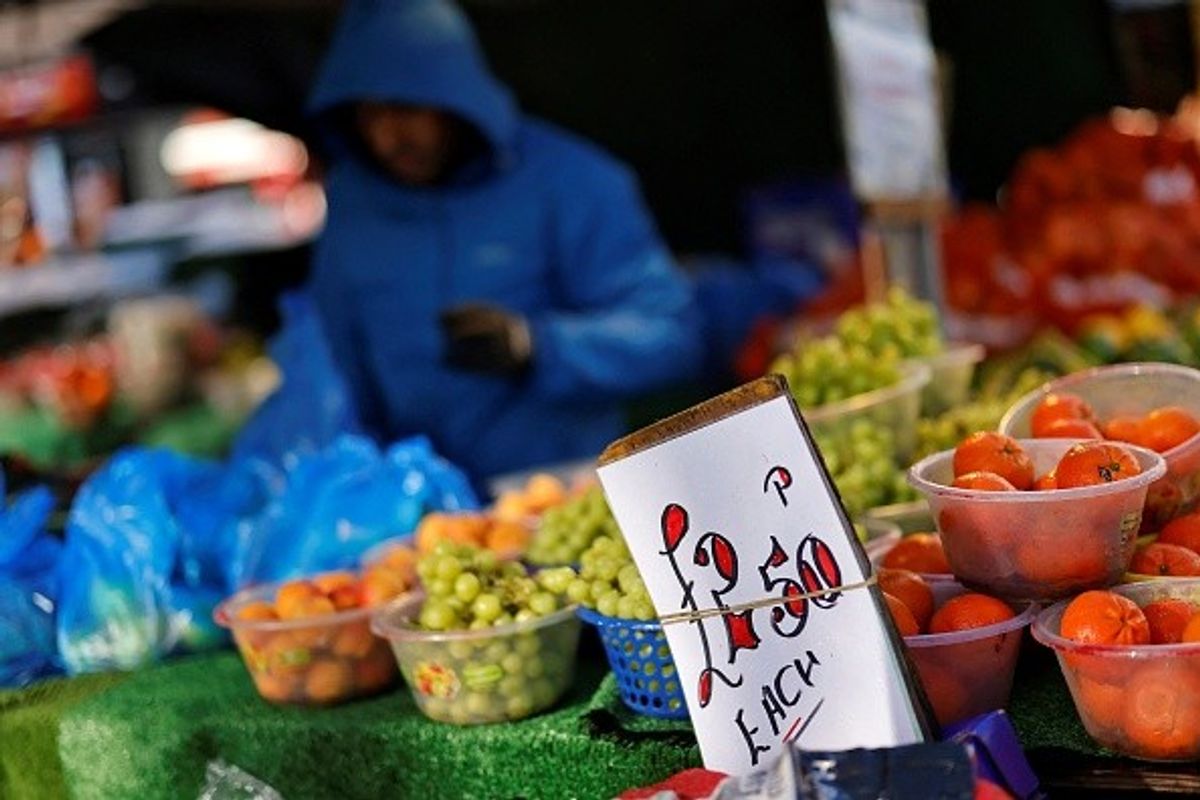Current fresh produce shortage is expected to last for weeks, state recent reports, citing the dual effects of harsh weather in importing countries and delay among domestic growers due to higher energy costs.
Shoppers across the country have been complaining of bare shelves in the fresh produce section of stores, particularly cucumbers, lettuce, peppers and tomatoes, as well as broccoli and citrus fruits.
According to The Guardian, industry insiders said availability of produce is down by between 30 per cent and 40 per cent on some crops. Wholesale prices have also shot up, adding to inflation in stores as well as empty shelves.
The harvest of peppers was down 70 per cent in Spain and cucumbers by up to 50 per cent in the country’s Almería region, according to the catering supplier Reynolds’ latest crop report.
However, growers state that the reason for shortage is more complicated and dependence is far greater this year. According to i, farmers throughout the UK have been forced to scale back their production due to soaring costs.
“Growers simply didn’t put them in the ground. They’d rather wait on warmer weather when they don’t have to rely on heating”, reports quoted said Jack Ward, chief executive of the British Growers Association, as saying.
“Not only did we not plant, but great swathes of the Netherlands did not plant for exactly the same reason. So we’ve become overly dependent on Spain and Morocco and probably there was never enough capacity in those countries to do what they were already doing, let alone make up for the shortfall in Northern Europe," he added.
Lee Stiles, Secretary of the Lea Valley Growers Association, said many of their growers have stopped planting vine tomatoes “due to the labour involved and the diminishing returns”.
“The Lea Valley growers who did plant tomatoes this season didn’t plant in December as usual but left it until February due to the low prices offered, high energy costs and the lack of skilled labour,” he added.
He said the latest shortages “demonstrate the fragility of the overseas supply chain when disrupted by the smallest of incidents which results in empty supermarket shelves”.
Stiles added that supermarkets chose not to support British growers over winter and decided to increase imports from Morocco and Spain.
National Farmers Union Vice President David Exwood added that they are repeatedly seeing a predictable combination of factors such as energy costs and weather leading to empty supermarket shelves.
"Our UK food resilience is currently gone. The government needs to take this seriously," Exwood said.


